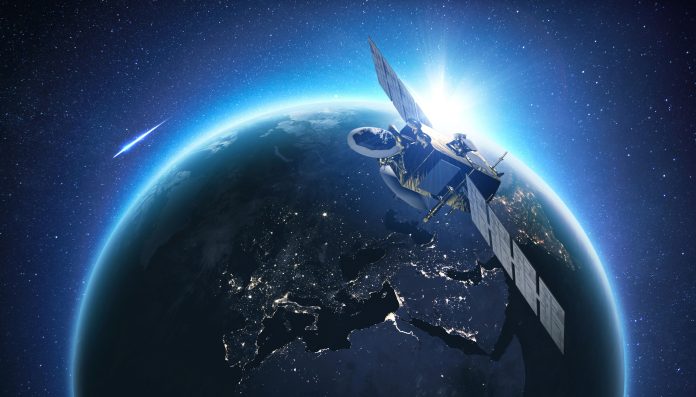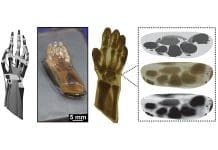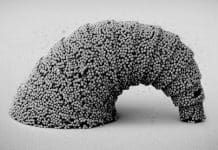The United Kingdom has concluded its year-long leadership of the Committee on Earth Observation Satellites (CEOS), marking a significant milestone in international collaboration for satellite-based climate and environmental monitoring
The UK Space Agency’s tenure as Chair has strengthened global coordination in Earth observation (EO) and highlighted the vital role of satellite data in addressing climate change, driving innovation, and inspiring the next generation of scientists.
Global collaboration in Earth observation
As Chair for 2025, the UK led under the theme “Unlocking EO for Society,” focusing on how satellite data can create real-world benefits, from informing policy to supporting climate action and resilience.
Throughout the year, the UK worked closely with the Japan Aerospace Exploration Agency (JAXA), promoting shared priorities that strengthened CEOS’s global impact. The UK’s leadership culminated in the CEOS Plenary in Bath, bringing together international experts to celebrate progress and set future goals for the global EO community.
Supporting climate action and the Paris agreement
A key achievement during the UK’s chairship was advancing the use of EO data within the United Nations Framework Convention on Climate Change (UNFCCC) process.
By enhancing the contributions of CEOS and the Coordination Group for Meteorological Satellites (CGMS) to the UNFCCC’s Global Stocktake, the UK helped ensure that satellite-derived climate data plays a central role in assessing global progress toward the Paris Agreement.
Targeted training and lessons learned were shared with national inventory compilers to strengthen the credibility and usability of satellite information. These efforts worked with EO activities with Intergovernmental Panel on Climate Change (IPCC) priorities, reinforcing the importance of transparent, science-based monitoring in the fight against global warming.
Methane monitoring standards
The UK also played a crucial role in developing global standards for methane emissions monitoring, one of the most pressing challenges in climate science. In partnership with NASA’s Jet Propulsion Laboratory (JPL) and the UK’s National Physical Laboratory (NPL), CEOS launched a significant initiative to standardise facility-scale methane measurement from satellites.
This work, conducted in collaboration with the United Nations Environment Programme’s International Methane Emissions Observatory (IMEO), established guidelines to ensure that data from a growing constellation of greenhouse gas satellites is accurate and comparable.
The initiative directly supports the UK Government’s Methane Action Plan, which prioritises improved detection and quantification of methane emissions through international cooperation and advanced satellite technologies.
Inspiring the next generation
Recognising that the future of EO lies with young innovators, the UK hosted a dedicated Youth Summit during its chairship.
Students from across the country presented their research to CEOS delegates, exchanging ideas with leading scientists and policymakers. The event demonstrated EO’s ability to inspire future generations and establish a robust pipeline of talent for the global space sector.
Bringing EO and public services
Another primary focus for the UK was expanding the use of EO data across public services. Through workshops and international discussions, CEOS members explored how satellite information can be applied to areas such as urban planning, agriculture, and disaster response.
The UK’s efforts helped close the gap between technical expertise and real-world applications, driving forward data-driven innovation in the public sector.
As the UK passes the CEOS Chair to Australia, represented by CSIRO, Geoscience Australia, and the Bureau of Meteorology, it leaves behind a legacy of collaboration, inclusivity, and scientific progress.











